Last spring, a marketing grunt at Bud Light sent TikTok star Dylan Mulvaney, a trans woman, custom cans of beer featuring her picture. As intended, Mulvaney posted about the beer on social media, igniting a firestorm and a boycott of the brand. Men revolted. Bars stopped serving it. Bud Light lost its status as the top-selling beer in America; it’s only back up to number three today.
I became aware of the left’s man problem when I wrote for Playboy back in 2015. When I’d ask my audience to submit their thoughts about hair loss, erectile dysfunction or dating, I would often receive thousand-word screeds, with a “thank you for actually caring” theme. Thank you for listening. Thank you for writing about men like we matter.
That wasn’t the general tone of the zeitgeist at the time. We were approaching the #MeToo movement. The media was all about smashing the patriarchy. Feeling self-conscious about its role in “the male gaze” and unsure of its place in this new era of feminism, in March 2016 Playboy briefly abandoned nudity.
Right on the heels of that, Donald Trump became the 45th president. There was the Women’s March and four years of public displays of hysteria. My brilliant straight male editor at Playboy was replaced by a gay one. The feminists working on the staff hated me. I lasted a little while as the Playboy Advisor; then one day a fan wrote me to ask me why I wasn’t in the recent magazine. No one even told me. I had been unceremoniously dumped.
I started freelancing for MEL, ostensibly a male magazine funded by Dollar Shave Club. The editor-in-chief used to joke that I was the biggest bro there.
Both these places are now defunct. Playboy shuttered its magazine in 2020, though it recently announced a return to print with an annual magazine due in February. Its site is just paywalled archives and naked women.
MEL went out of business in March 2021, which I predicted when it posted an insane editor’s note on a 2019 piece titled, “Can Men Sharing Their Experiences With Abortion Make It a Better Experience for Everyone?”:
Editor’s note: For brevity’s sake, we’re using the word “women” to describe people who get pregnant and “men” to describe those who impregnate them. But people of all genders can get pregnant and get people pregnant, and this guide is intended to be a useful resource for them as well.
It was clear neither magazine was interested in appealing to your red-blooded heterosexual American man. Men were demonized. Emasculated. Blamed for all society’s ills. Men were told to take a seat and shut up. It was socially acceptable and encouraged to be vicious to anyone with a penis — unless they were a “woman” with a “penis.”
Into that vacuum blossomed the “manosphere,” an online subculture of websites, forums and communities focused on men’s issues, gender relations and often on antifeminist perspectives. Gen Z males who had lived in the matriarchal “longhouse,” as they termed it, flocked to this space where they felt validated and free of the incessant hectoring.
In October, in a last-ditch effort to reach men while Donald Trump was doing the podcast-bro circuit, the left-wing PAC Vote Save America put out a cringe-inducing video called “Man Enough.” It featured various men, mostly white men dressed like cowboys with one black man in a weight room. It was roundly mocked and satirized. The top comment on the YouTube video is, “What’s with the dude sitting on the tailgate like a teenage girl getting her high school senior pics taken??? LMFAO”
The video began by letting us know, “I’m a man,” while leaning into the most stereotypical ideas of what manhood is. “I’m man enough to enjoy a barrel-proof Bourbon. Neat.” “I’m man enough to cook my steak rare.” “I eat carburetors for breakfast.”
“And I’ll tell you another thing I’m sure as shit not afraid of,” says a guy I swear I’ve seen in a fast-food commercial before. “WOMEN.”
“I love women,” the man sitting on the tailgate assures us, still not quite sure what to do with his manly hands. I’m dubious. The video ends with a call to “man up” and vote for Harris.
Suddenly, just like that, Democrats knew what men and women were. Suddenly, you could say things like “man up” — and it wasn’t internalized misogyny, or the patriarchy, or whatever other ridiculous problematic offense professors of gender theory invented.
Reality remains undefeated and suddenly it reasserted itself. Yet in order to appeal to one of the two genders which now apparently exist again, Democratic organizers ended up falling back on clichéd stereotypes of what men are… because they actually have no idea.
The Democrats realized too late that they had Bud Lighted their brand. You can’t be openly hostile to men for two decades and expect to retain the male vote. And judging by Trump’s gains with both genders, you also can’t be incapable of defining what a woman is and expect women to believe you care about them, either.
Whether the left realizes it or not, the Bud Light moment was the beginning of the end of their long-standing grip on the culture. It lost them 23 percent of their market share and still hasn’t recovered. Trump’s recent win is more evidence. He won decisively, a collective middle finger from an America tired of being lectured. Hell, even the biggest bro at MEL magazine voted for him.
This article was originally published in The Spectator’s December 2024 World edition.



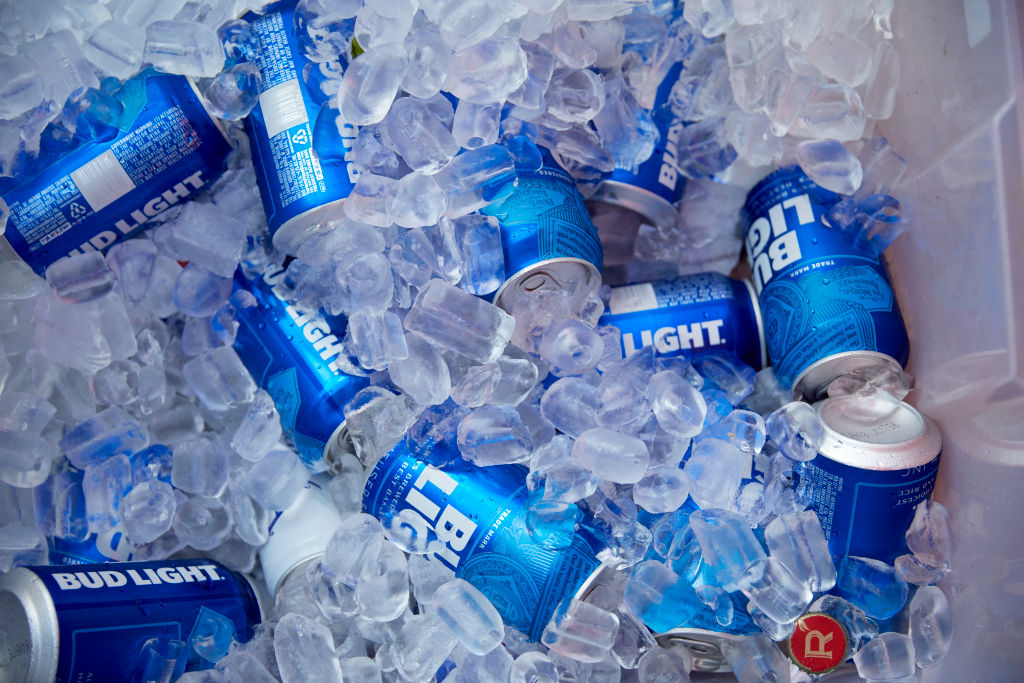








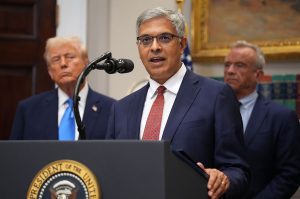



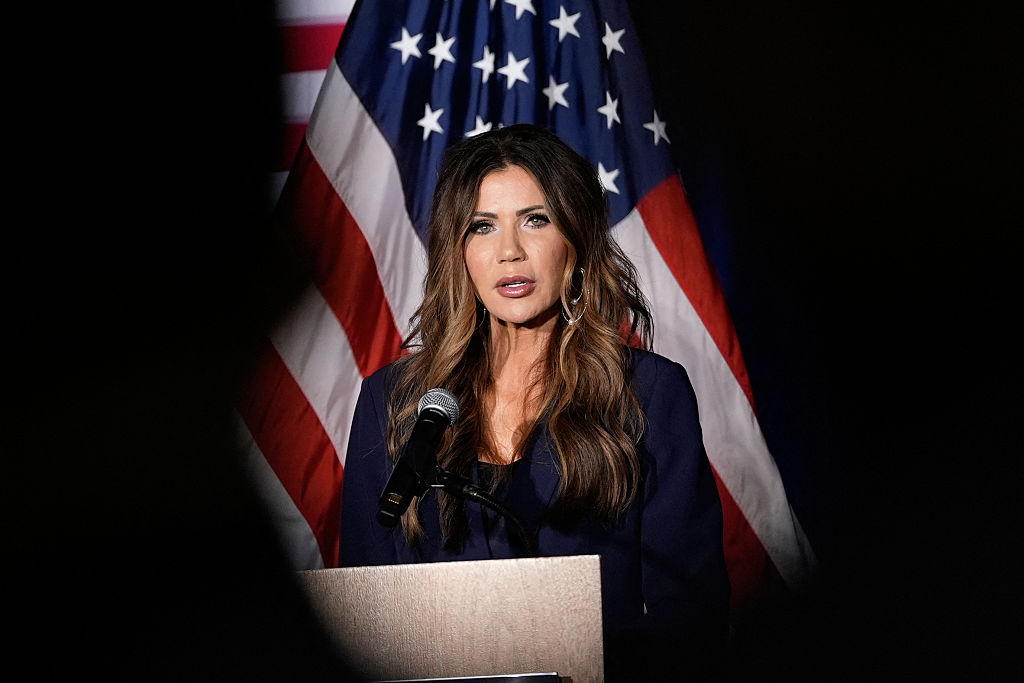
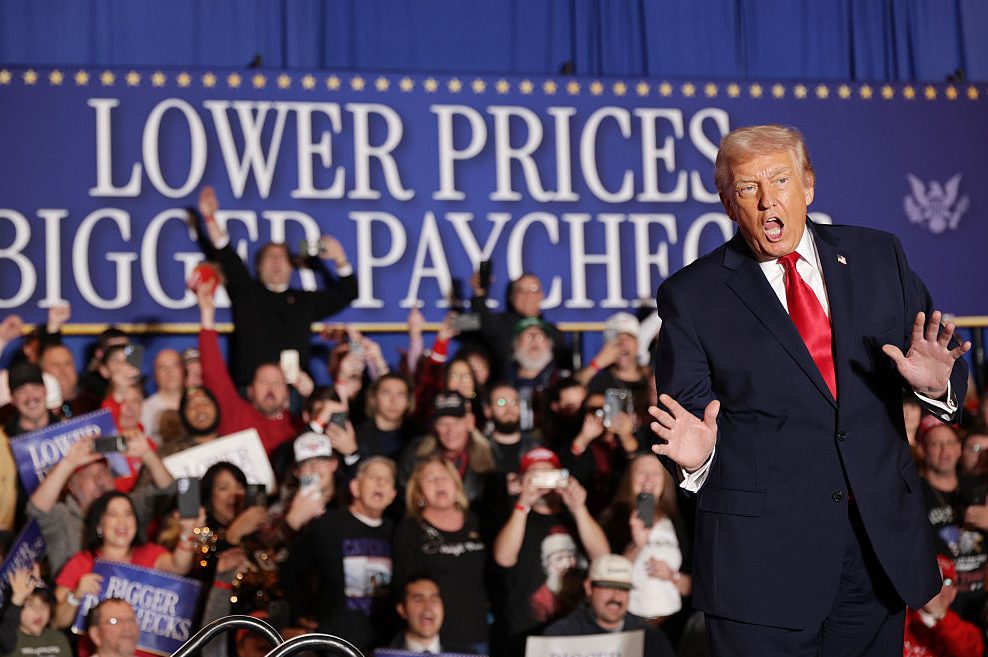
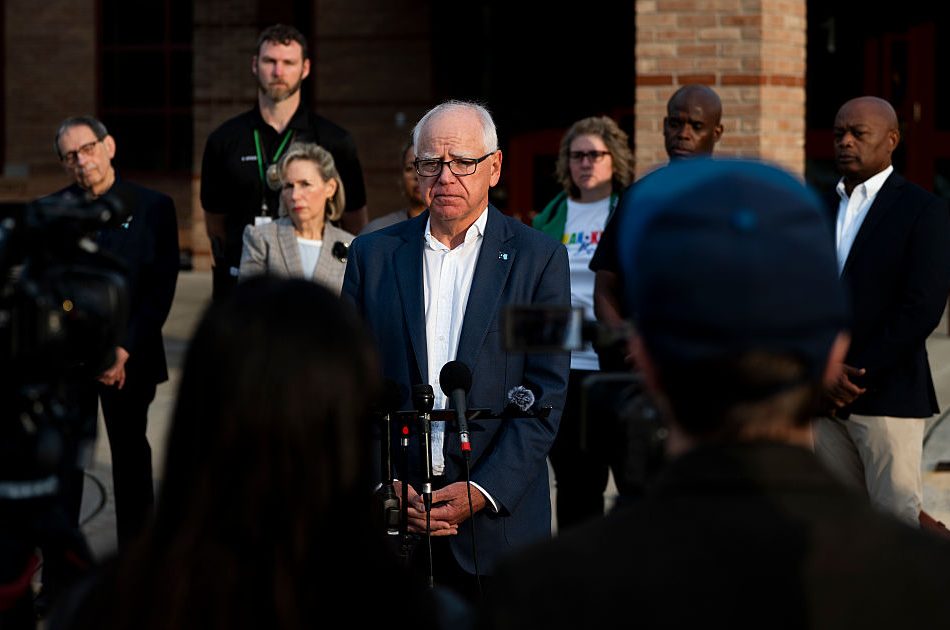







Leave a Reply